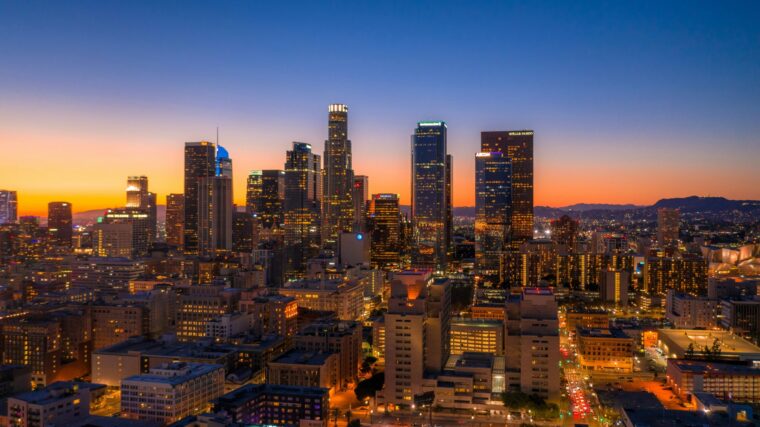
Los Angeles once again leads the United States in the number of ENERGY STAR certified commercial and multifamily buildings, with 876 buildings last year.
The Environmental Protection Agency (EPA) recently released its annual list of buildings that are ENERGY STAR certified, meaning they use 35% less energy and produce 35% less CO2 emissions than standard structures.
Washington, D.C., was second with 631, while New York was third with 390. Atlanta, with 373 buildings and San Francisco (368) round out the top five. Provo, Utah leads mid-size cities with 125; while Jackson, Michigan, topped small cities with 34.
ENERGY STAR is administered by the EPA and partners with public companies to provide industry information about energy-efficient solutions. The EPA has released a ranking of cities with the most ENERGY STAR buildings every year since 2009.
“Cities and communities play an essential role in fighting the climate crisis and reducing energy use in commercial and multifamily buildings,” EPA Administrator Michael S. Regan said in a statement. “With help from ENERGY STAR, city leaders and building owners are working together to strengthen their economies and businesses, reduce energy bills, and create a healthier environment.”
Commercial buildings account for 16% of the nation’s greenhouse gas emissions and cost more than $190 billion in energy bills each year. Those with an ENERGY STAR designation have been able to save 5 trillion kilowatt-hours of electricity and save $500 billion in energy costs since 1992.
To earn the EPA’s ENERGY STAR, a commercial building must score 75 or higher on a 1–100 scale, meaning it is more energy-efficient than 75% of similar buildings nationwide. This score considers factors such as energy use and hours of operation.
More than 8,800 commercial buildings in the U.S. earned the ENERGY STAR last year.
Photo by Alonso Reyes on Unsplash
The post EPA recognizes 2023’s top energy efficient buildings appeared first on Government Market News.
